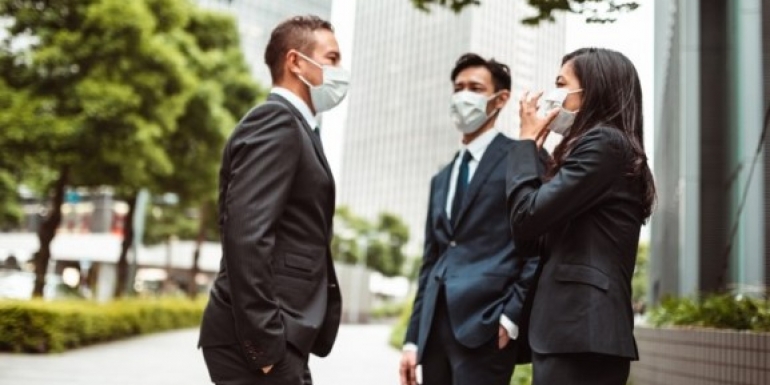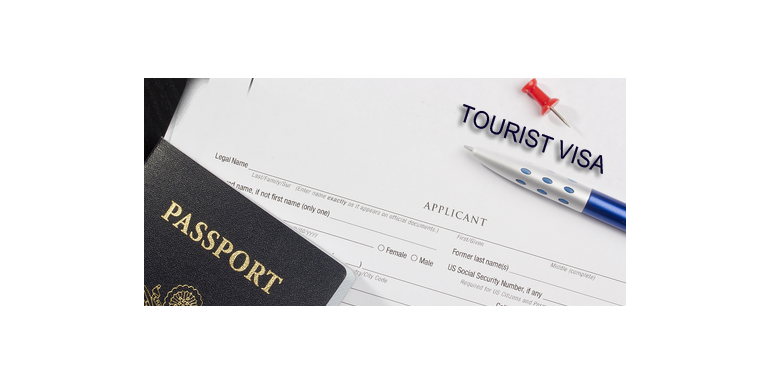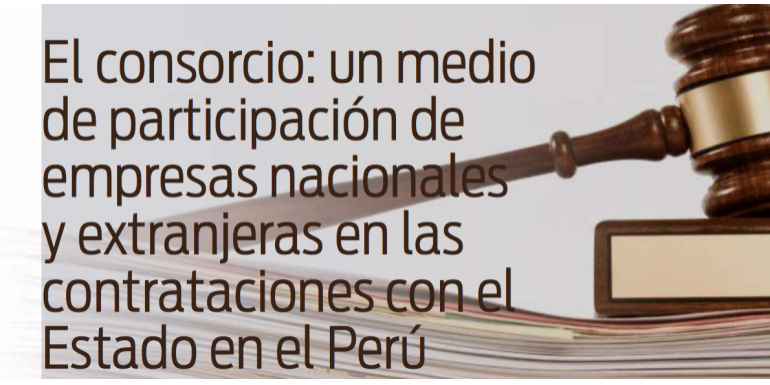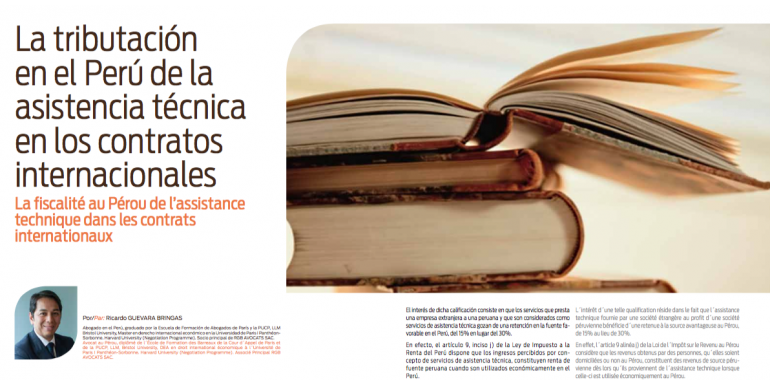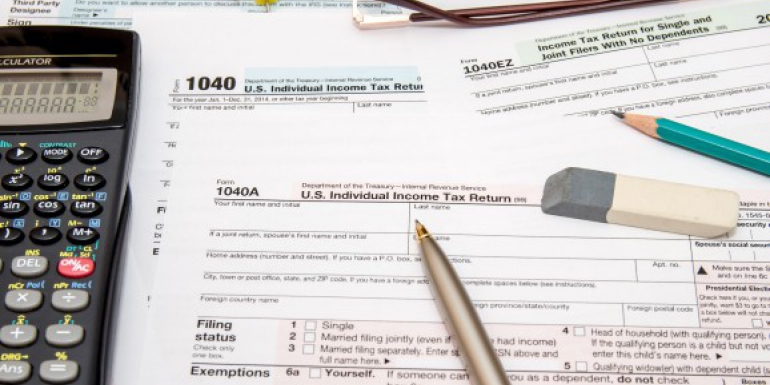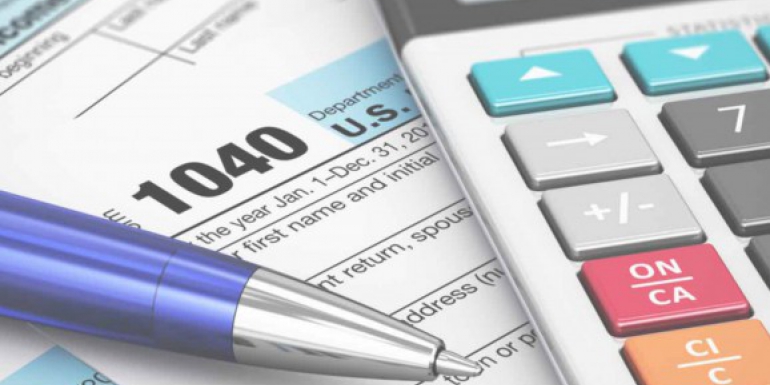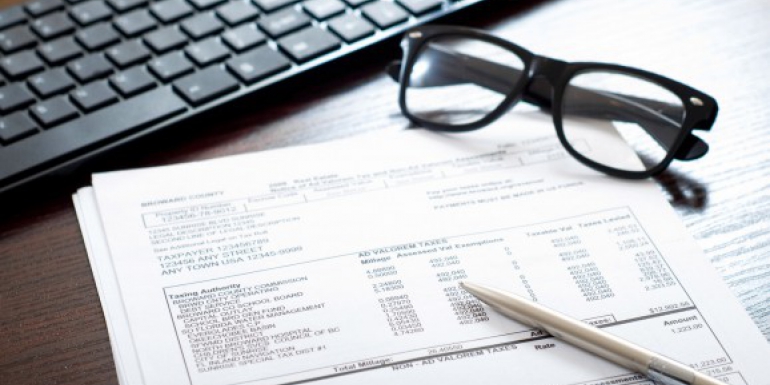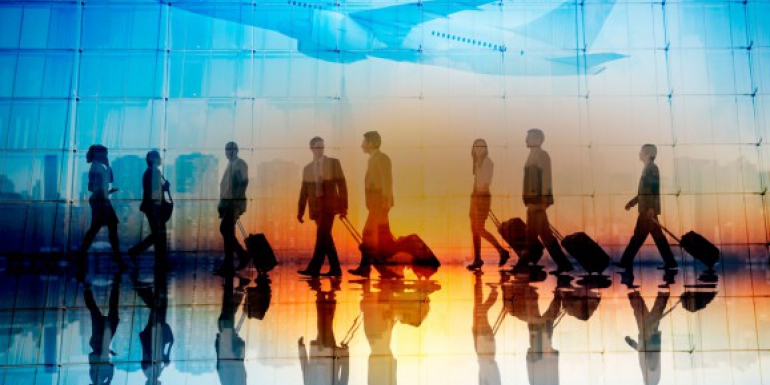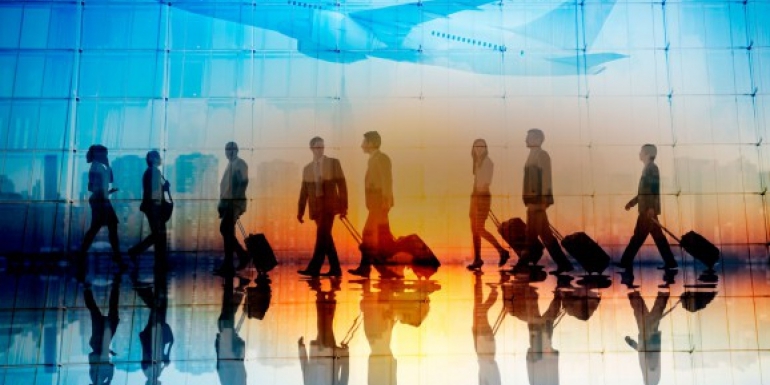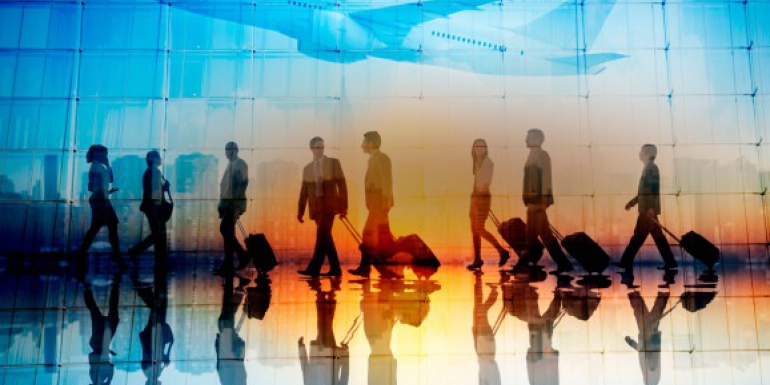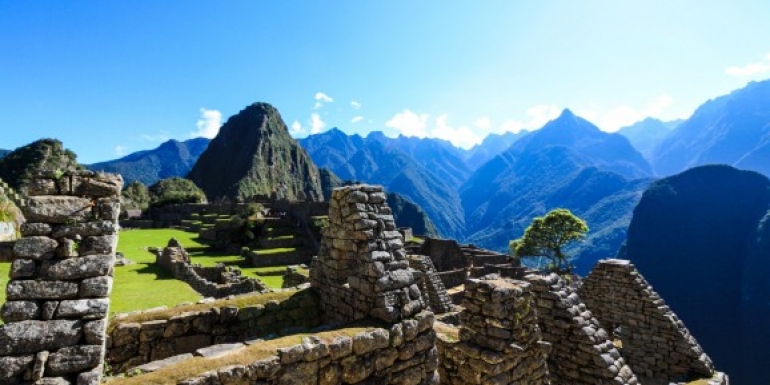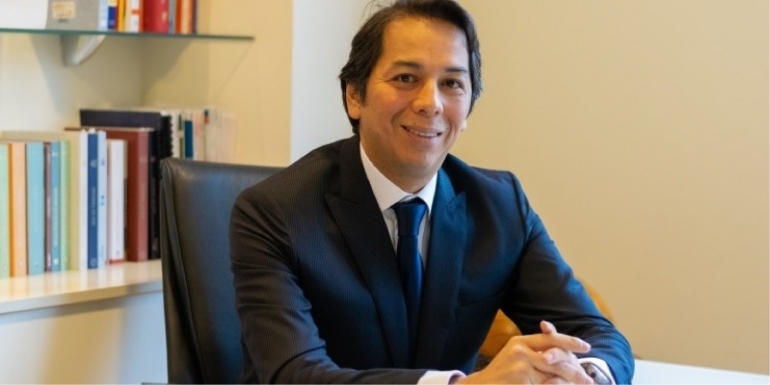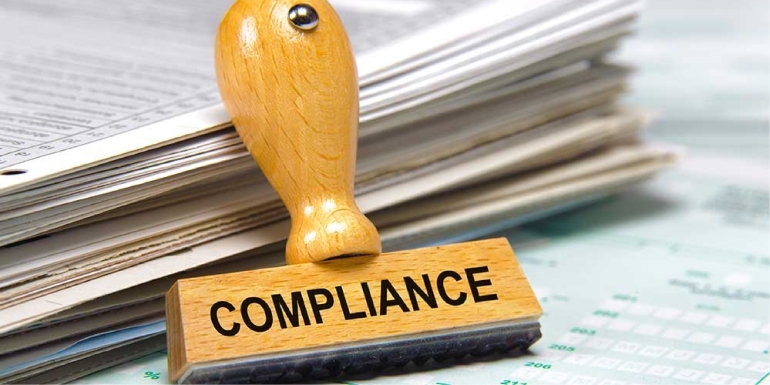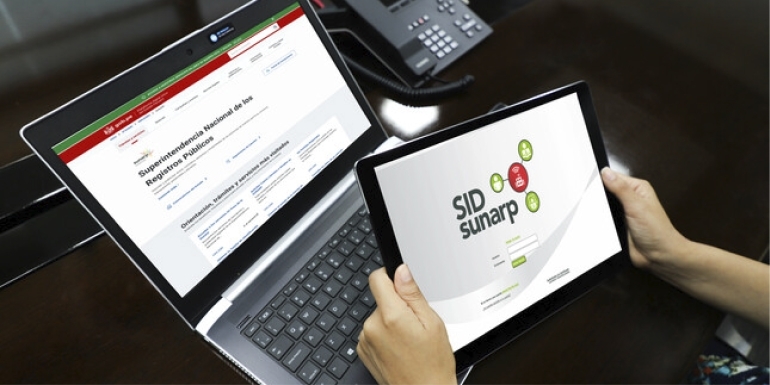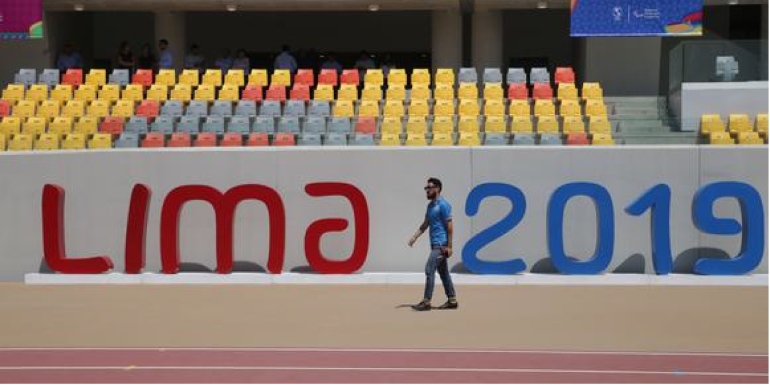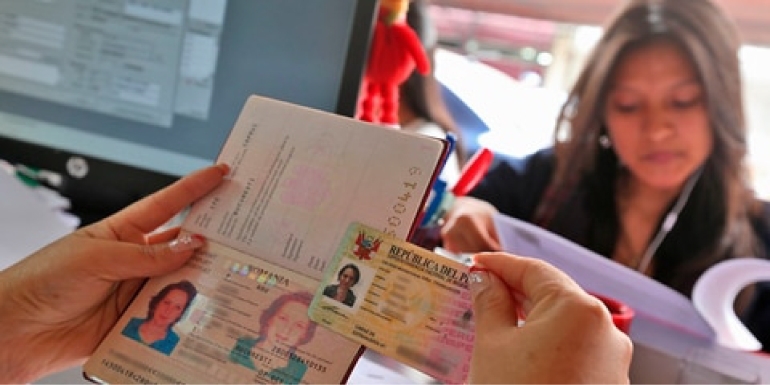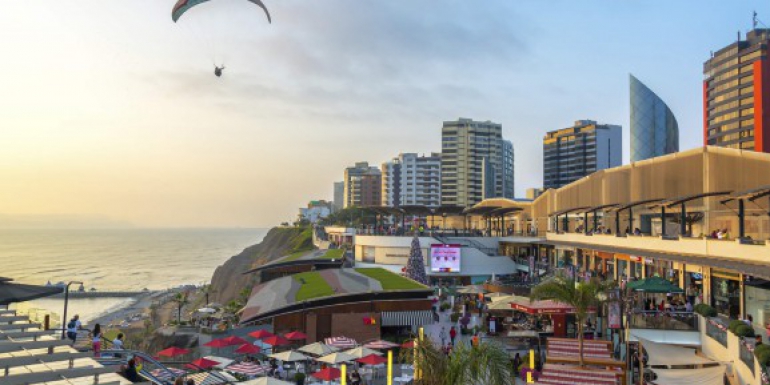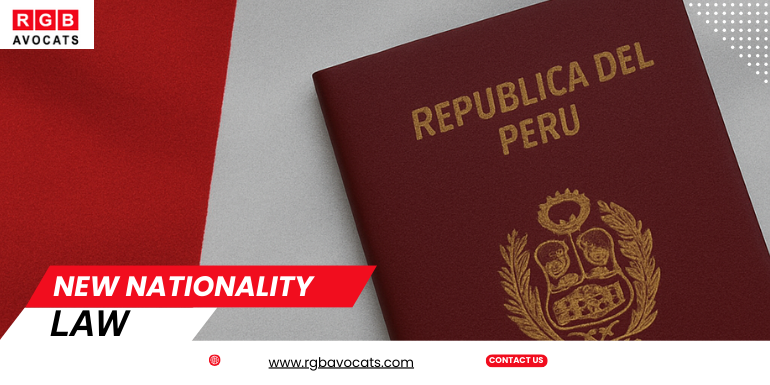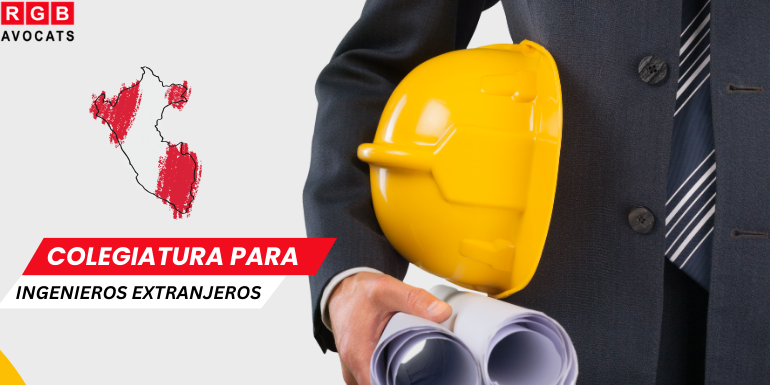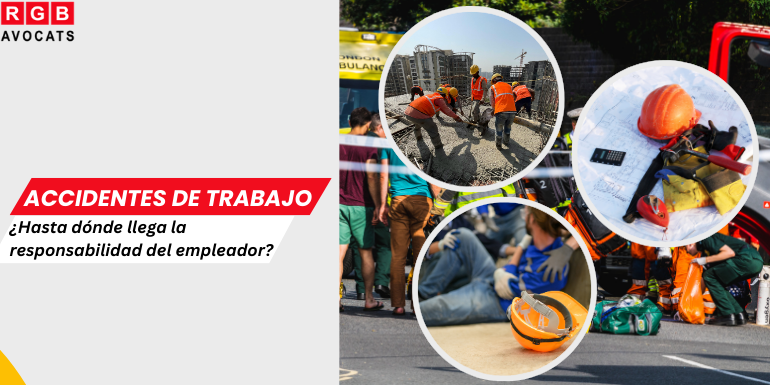I - ECONOMIC ACTIVITIES
The Supreme Decree in question has established a schedule for resuming economic activities, which will happen in four (04) phases, starting off in May 2020. Thus, the activities which will be reopened during Phase 01 include:
ACTIVITIES ALLOWED DURING PHASE 01
|
Mining and Industry |
Construction |
|---|---|
|
|
|
Commerce |
Services and Tourisme |
|
|
|
Services and Tourism |
Services and Tourism |
|
|
II - GUIDELINES FOR MONITORING THE HEALTH OF WORKERS
In addition to the aforementioned, employers are required to adopt and enforce guidelines to prevent workers and customers from contracting COVID-19. Thus, the government has established seven (07) basic guidelines for employers and workers to follow, as economic activities are resumed:
1) Cleaning and disinfecting the workplace;
2) Evaluating workers’ health condition, before their return and reincorporation into the workplace;
3) Mandatory washing and disinfecting of hands
4) Training concerning preventing contagion in the workplace;
5) Collective measures for the prevention of spread;
6) Personal protection measures;
7) Monitoring workers’ health in the context of COVID-19.
Concerning workers who were infected with COVID-19, in mild cases they shall be allowed to work after 14 calendar days of having initiated quarantine; and 14 calendar days after being discharged from the hospital, in severe cases.
Workers belonging to the following at risk groups shall stay in quarantine, until otherwise specified:
- Seniors older than 60;
- Arterial hypertension;
- Cardiovascular diseases;
- Cancer;
- Diabetes Mellitus;
- Obesity of BMI of 30 or more;
- Asthma;
- Chronic respiratory diseases;
- Chronic kidney insufficiency;
- Immunodeficient diseases or conditions.




